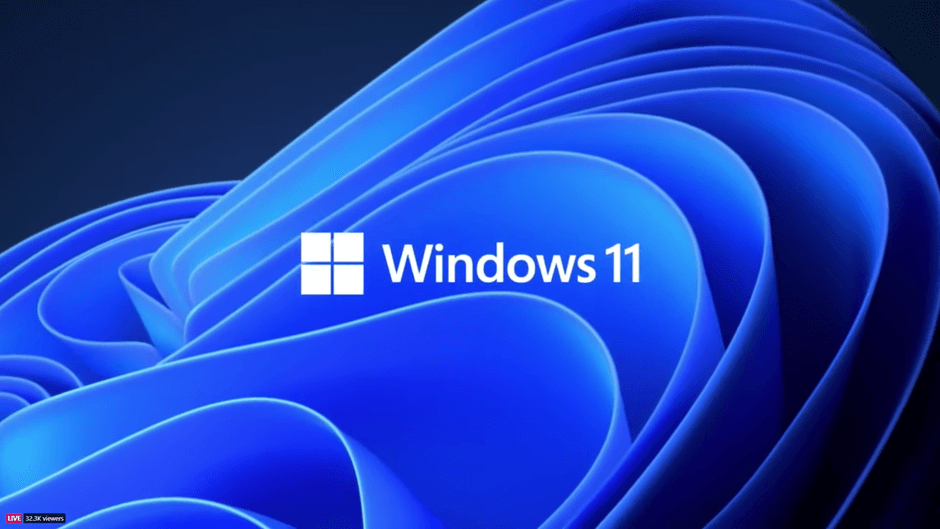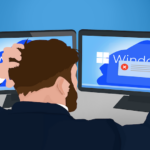A few weeks ago, Microsoft announced that Windows 11 would be released within the next year. Many tech journalists predict it will happen before the holidays season. However, Microsoft will continue to update and support Windows 10 until 2025, so you still have about four years to upgrade.
Being in the tech industry, I like to use the "latest and greatest" stuff available. So, last week I decided to install Windows 11 beta on several of my own computers. So far, so good, I haven't noticed any major bugs, and it works just as well as Windows 10.
However, Windows 11 will not run on most computers people bought in the last few years. Even some of the brand new computers aren't compatible with it, due to stricter security requirements. What's even more surprising is that Microsoft's own Surface Studio (a $6,000+ computer!) isn't compatible with Windows 11.
Cybersecurity is one of the most important concerns in our world nowadays. Clearly, Microsoft wants our computers to be more secure than ever. Besides, they want to sell new stuff, too, so all these strict requirements may seem like planned obsolescence.
This new requirement is called a TPM chip. In layman terms, it's responsible for making sure your PC is secure and hasn't been tampered with. It encrypts your data, passwords, and network communication. Most computers sold in the last decade have a TPM chip inside, but those are an older variety and allegedly not as secure as those in newer computers.
What does it mean for most people? If your computer is over 4 years old, it will definitely not be compatible with Windows 11. However, you have plenty of time to upgrade before Windows 10 loses security updates.
If your computer is a recent business or enterprise-grade laptop or desktop, it will probably run Windows 11 after doing some low-level updates (not for faint-hearted!). Unfortunately, most computers sold in retail shops are consumer-grade computers - not very well made, and with an emphasis on specs, look and low price, rather than security, longevity and reliability.
My own work laptop is a Dell Latitude that I bought in 2019, and it installed Windows 11 without any issues. An older desktop (from 2015) we use at our shop upgraded to Windows 11 after installing updates for the TPM chip. I also have a workstation laptop from 2016 that is not also running Windows 11 after updates.
This situation reminds me of the time when Windows XP was released. It was very similar to the older Windows 2000 but wasn't compatible with most computers sold back in 2001. XP is now over 20 years old, and, believe it or not, we still see people using it!
Windows 10 support will end in October 2025. Over 1.3 billion devices are running Windows 10 now, and unfortunately, at least 80% of them will be stuck, unable to upgrade. Many people will remain behind because their owners either don't know how to, don't care, or refuse to upgrade.
About 10% of our walk-in customers are still using Windows 7. So, of course, instead of fixing their issues, we prefer to either replace their computers with refurbished Windows 10 PCs or, if the computer doesn't have physical issues, upgrade them to Windows 10.
Some people genuinely can't upgrade because they run software that is only compatible with Windows XP or 7. However, there are ways to secure those computers and continue using the business apps you need.
Even if you are stuck with Windows 10, you still have over 4 years of support. This gives you plenty of time to come up with a replacement plan.







